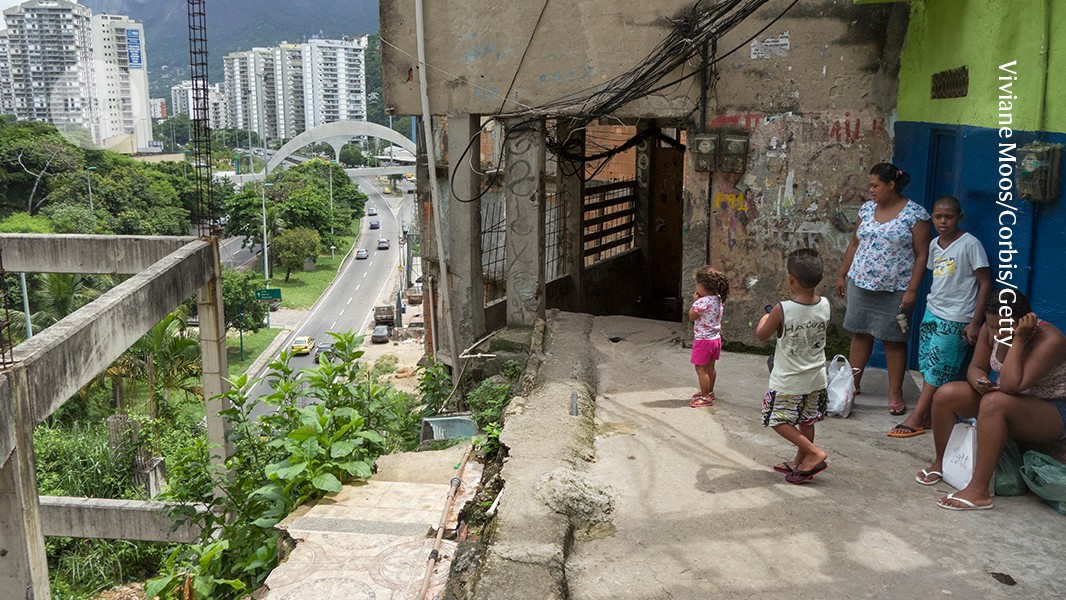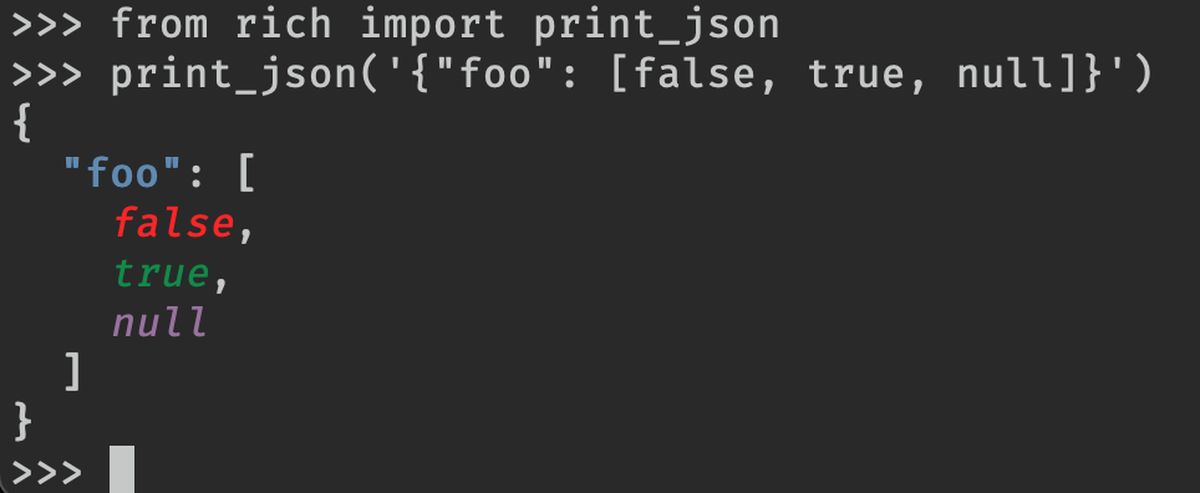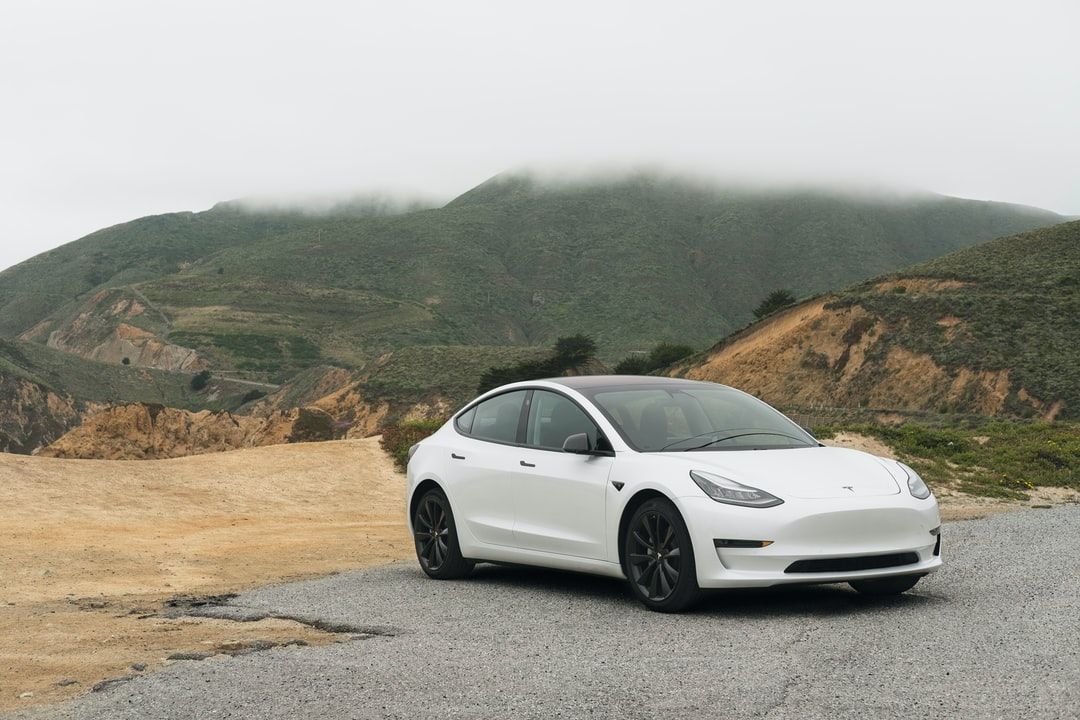
How rich is too rich?
Lucas Chancel is a visiting associate professor and Stone Visiting Scholar at Harvard University in Cambridge, Massachusetts. He is an associate professor of economics at Sciences Po in Paris and co-director of the World Inequality Lab at the Paris School of Economics.
You can also search for this author in PubMed Google Scholar
In Rio de Janeiro, Brazil, residents in unplanned settlements live just blocks away from wealthy suburbs. Credit: Viviane Moos/Corbis/Getty
As radical as they might seem, calls for limits on wealth are as old as civilization itself. The Hebrew Bible and Torah recognized years during which debts should be cancelled, slaves set free and property redistributed from rich to poor. In classical Greece, Aristotle praised cities that kept wealth inequality in check to enhance political stability. And in 1942, then-US president Franklin D. Roosevelt argued that annual incomes should be capped at the current equivalent of US$480,000.
In Limitarianism, Dutch and Belgian economist and philosopher Ingrid Robeyns argues that it’s time for twenty-first-century governments to do the same. She explores what setting limits on wealth ownership might mean, and why our societies should want to do so. It is a fresh take on a much-needed discussion at a time when, for example, the richest 1% of the US population owns about as much wealth as the bottom 90%.



















